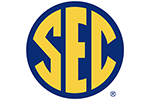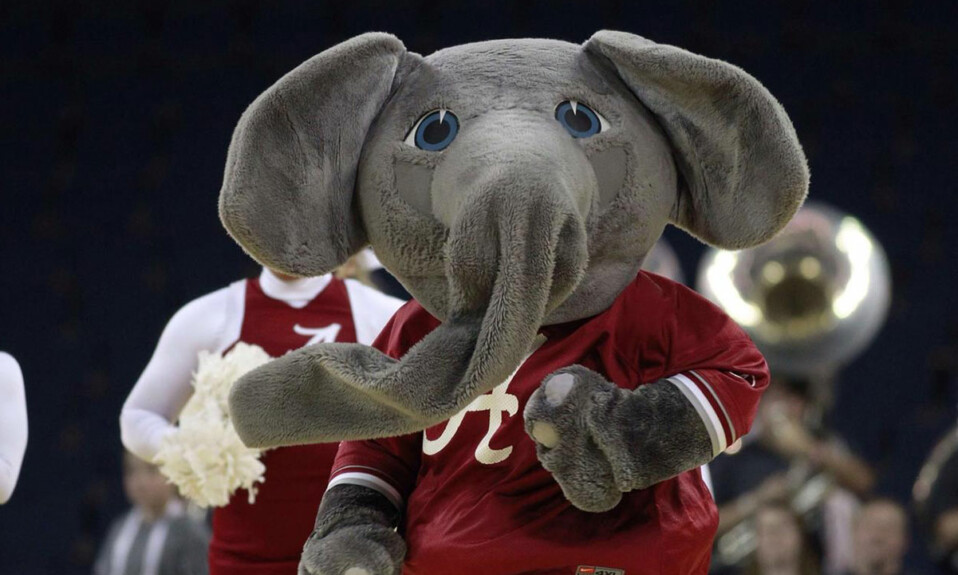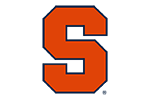The NCAA has investigated the Tennessee program for violations of the name, image and likeness policy, and in turn, a lawsuit has reportedly been filed in Tennessee and Virginia challenging the use of NIL recruiting rules.
On Monday, there were reports of an NCAA investigation surrounding Tennessee for NIL violations, according to Pete Thamel of ESPN.
READ: Reports: Auburn hires D.J. Durkin as defensive coordinator
According to Thamel, “the scope and breadth of the current allegations, according to sources, include the potential for the enforcement staff to charge multiple Level 1 and Level 2 violations,” and involves Tennessee’s primary collective Spyre Sports Group.
The “attorneys general of Tennessee and Virginia filed an antitrust lawsuit against the NCAA on Wednesday that challenged its ban on the use of name, image and likeness compensation in the recruitment of college athletes, and in response to the association’s investigation of the University of Tennessee,” according to Thamel.
According to Ralph D. Russo and Teresa M. Walker of The Associated Press, the lawsuit pertains to the use of NIL and recruiting inducements and claims the NCAA is “enforcing rules that unfairly restrict how athletes can commercially use their name, image and likeness at a critical juncture in the recruiting calendar.”
The NCAA issued a penalty to Florida State’s program Jan.12 over “an impermissible recruiting contact between a transfer prospect and a booster,” according to the AP.
READ: Reports: Former Arizona State DL B.J. Green transfers to Colorado
In this case, “Tennessee’s recruitment of five-star quarterback Nico Iamaleava from California and his NIL contract with Spyre is among the deals receiving scrutiny from the NCAA,” according to the AP.
According to Ryan Callahan of GoVols part of the 247 Sports network, attorney Tom Mars released a statement Tuesday that said Iamaleava “signed a deal with Spyre independent of his decision to play for the Vols” and that it “had nothing to do” with Tennessee or another team.
The NCAA released a statement “related to the Tennessee case and lawsuit,” according to Chris Vannini of The Athletic.
“While the NCAA generally does not comment on specific infractions cases, it is important to remember that NCAA member schools and conferences not only make the rules but routinely call for greater enforcement of those rules and holding violators accountable,” the NCAA stated via The Athletic. “In recent years, this has been especially true as it relates to establishing and enforcing a consistent set of national rules intended to manage the name, image and likeness environment. This legal action would exacerbate what our members themselves have frequently described as a ‘wild west’ atmosphere, further tilting competitive imbalance among schools in neighboring states, and diminishing protections for student-athletes from potential exploitation. The NCAA remains firmly committed to protecting and expanding student-athletes’ NIL rights and opportunities. However, our membership has steadfastly supported the prohibition on impermissible recruiting contacts, booster involvement in recruiting prospects and the use of NIL offers as recruiting inducements.”
Tennessee chancellor Donde Plowman sent a letter to the NCAA on Monday stating her frustrations with its “lack of leadership and clear rules regarding NIL” and the governing body of the NCAA itself, according to Bowman of 247 Sports.
The NCAA has trodden murky waters in the NIL era since it began in July 2021. Many leaders around college athletics have clamored for more regulation, enforcement and clarity regarding the topic.
READ: Reports: Iowa to hire Tim Lester as offensive coordinator
It appears now the NCAA is involved in another lawsuit regarding NIL, and it could become difficult.
Attorney General of Virginia Jason Miyares posted Wednesday on X stating “The NCAA’s NIL-recruiting ban violates federal antitrust law, thwarts the free market, and unfairly limits student-athletes,” and that “We’re taking them to court.”



